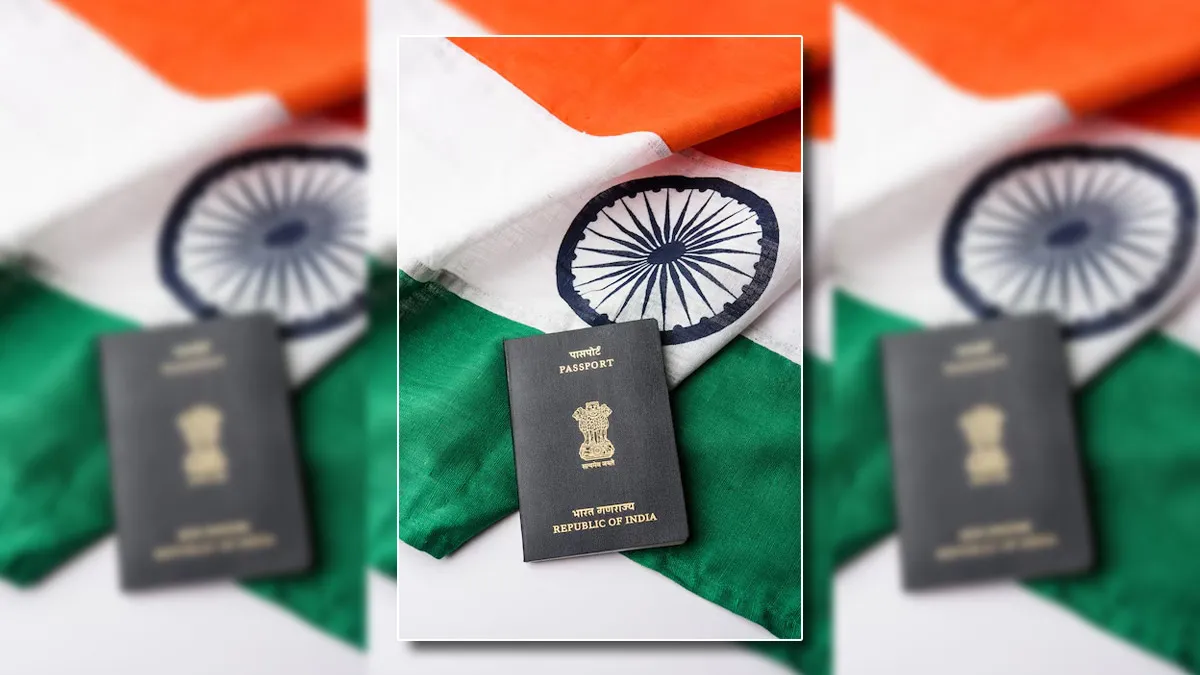
In a notification dated February 24, 2025, the Ministry of External Affairs announced amendments to the rules regarding the submission of proof of date of birth for passport issuance. According to officials, these changes will take effect once they are published in the official Gazette. Here are five key amendments introduced by the government that you should be aware of.
In recent years, the government has introduced several amendments to passport regulations in India. Here are four key changes you should be aware of:
Under the newly issued passport rules, birth certificates from the Registrar of Births and Deaths, the Municipal Corporation, or any other authorised body under the Registration of Births and Deaths Act, 1969, will be accepted as valid proof of date of birth for individuals born on or after October 1, 2023.
However, the new rules do not apply to individuals born before October 1, 2023. They can submit various documents as proof of date of birth, including a birth certificate, a transfer, school leaving, or matriculation certificate from a recognised educational institution, or a Permanent Account Number (PAN) card issued by the Income Tax Department. Additionally, other accepted documents include a driving licence or an extract of the applicant’s service record.

According to news agency PTI, citing officials, the passport rules regarding the date of birth had remained unchanged for a long time, largely because many citizens, particularly in rural areas, do not have birth certificates. However, authorities have now taken a decisive step to enforce the Registration of Births and Deaths Act, of 1969, making birth certificates the sole accepted proof of date of birth for certain applicants.
To enhance privacy, the new Indian passport rules no longer print the applicant's residential address on the last page of the passport. Instead, immigration officials can access this information by scanning a barcode, ensuring greater data security.
Under the new passport rules, the government has introduced a colour-coded system for different categories of passport holders. Diplomatic passport holders will receive a red passport, government officials will be issued a white passport, while regular citizens will continue to have a blue passport.
The updated rules also state that parents' names will no longer be printed on the last page of the passport. This change is designed to benefit individuals from single-parent households or estranged families, ensuring greater inclusivity and privacy.

The government has announced plans to increase the number of Post Office Passport Seva Kendras (POPSKs) to improve accessibility to passport services. Currently, 442 Passport Seva Kendras are operational, and this number is set to rise to 600 over the next five years. To facilitate this expansion, the Ministry of External Affairs (MEA) and the Department of Posts have renewed their Memorandum of Understanding (MoU) for another five years, ensuring the continued availability of passport services through post offices.
Don't Miss: Planning To Visit Vietnam Anytime Soon? Here’s How To Travel On Budget
Keep reading Herzindagi for more such stories.
Credits: Freepik
Also watch this video
Herzindagi video
Our aim is to provide accurate, safe and expert verified information through our articles and social media handles. The remedies, advice and tips mentioned here are for general information only. Please consult your expert before trying any kind of health, beauty, life hacks or astrology related tips. For any feedback or complaint, contact us at [email protected].